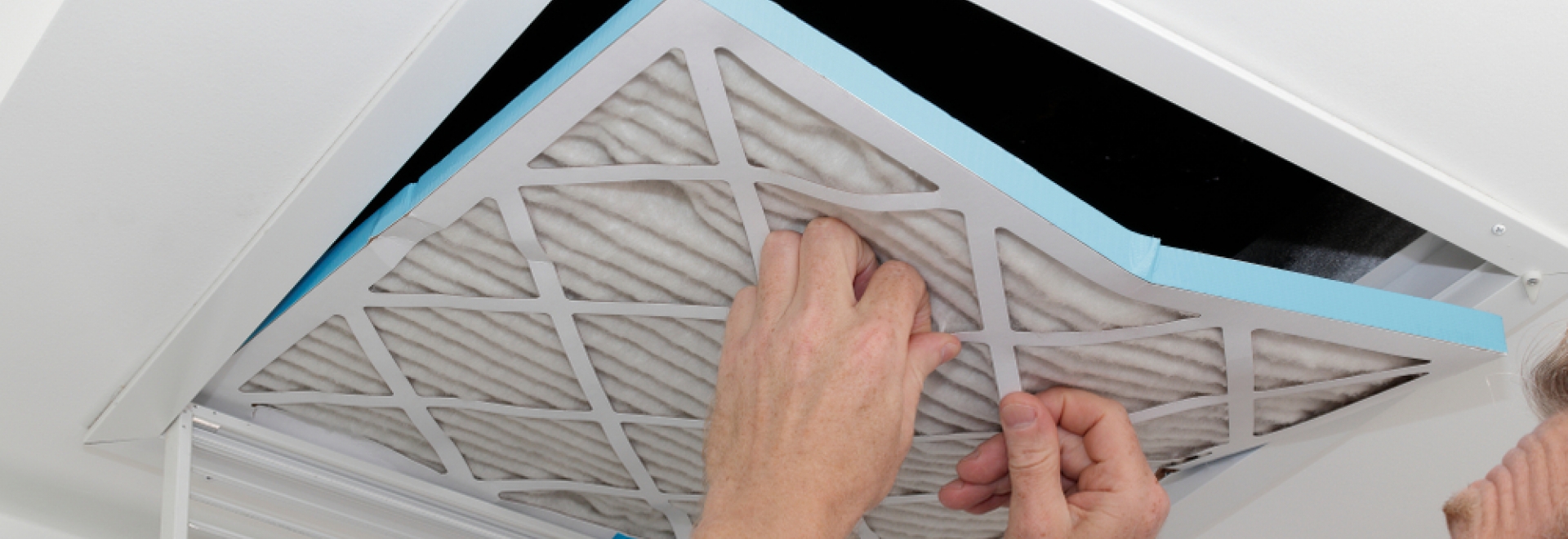

Articles
How Often Should You Change HVAC Air Filter
Modified: August 16, 2024
Discover how often you should change your HVAC air filter with expert articles. Improve indoor air quality and enhance HVAC system performance.
(Many of the links in this article redirect to a specific reviewed product. Your purchase of these products through affiliate links helps to generate commission for Storables.com, at no extra cost. Learn more)
Introduction
Welcome to the world of HVAC air filters! You may not think much about these seemingly insignificant components, but they play a crucial role in maintaining the air quality and efficiency of your HVAC system. Whether you’re a homeowner or a business owner, understanding the importance of HVAC air filters and knowing how often to change them is essential for keeping your indoor environment clean and comfortable.
Why are HVAC air filters so important? Well, they act as the first line of defense against airborne pollutants, such as dust, pet dander, pollen, mold spores, and bacteria. These filters trap these particles, preventing them from circulating throughout your home or building, and help to create a healthier living or working environment.
Not only do HVAC air filters improve indoor air quality, but they also protect the HVAC system itself. By capturing dust and debris, filters prevent them from accumulating inside the system, which can lead to clogged ductwork and reduced system efficiency. Therefore, regularly changing the air filters is vital to ensure the longevity and optimal performance of your HVAC system.
Now that we understand the importance of HVAC air filters, let’s explore how they work. These filters usually consist of a fibrous material, such as polyester, fiberglass, or pleated paper. As air passes through the filter, the fibers create a physical barrier that traps and collects particles. The size and density of the particles that a filter can capture depend on its MERV (Minimum Efficiency Reporting Value) rating. Filters with higher MERV ratings can capture smaller particles, providing better filtration.
Several factors influence the frequency at which you should change your HVAC air filter. These include the type and quality of the filter, the level of indoor air pollutants, the number of occupants in the building, the presence of pets, and the surrounding environment.
General guidelines suggest replacing standard, disposable HVAC air filters every 1-3 months. However, this frequency can vary depending on the specific circumstances and filter type. In the subsequent sections of this article, we will provide detailed recommendations for different filter types and offer tips for identifying the signs that it’s time to change your air filter.
Regularly changing your HVAC air filter offers a multitude of benefits. It improves indoor air quality, reduces allergic reactions and respiratory issues, enhances HVAC system efficiency, and saves on energy costs. By investing a little time and effort into maintaining your air filters, you can ensure a healthier and more comfortable living or working environment.
Stick around to learn the specific recommendations for different filter types and valuable tips for maintaining air filter efficiency. By the end of this article, you’ll be equipped with the knowledge to keep your HVAC system running smoothly, promoting clean air and the well-being of everyone inside the building.
Key Takeaways:
- Regularly changing HVAC air filters is crucial for maintaining clean indoor air, reducing energy costs, and extending the lifespan of your HVAC system. Prioritize filter maintenance to promote a healthier and more comfortable living or working environment.
- Understanding the factors affecting filter replacement frequency and following manufacturer recommendations are key to optimizing indoor air quality and system performance. By adhering to general guidelines and specific filter type recommendations, you can ensure efficient filtration and cleaner air for your home or workplace.
Importance of HVAC Air Filters
HVAC air filters play a crucial role in maintaining indoor air quality and promoting a healthy living or working environment. Let’s dive deeper into the importance of these filters:
- Removing Airborne Pollutants: One of the primary functions of HVAC air filters is to capture and remove airborne pollutants. These pollutants can include dust, pollen, pet dander, mold spores, bacteria, and other microscopic particles. Without proper filtration, these contaminants can circulate through the HVAC system and into your living or working spaces, leading to respiratory issues, allergies, and other health problems.
- Preventing Dust Build-up: HVAC systems draw in air from the surrounding environment to heat or cool it. However, this air also carries dust and other particles. When these particles enter the system, they can accumulate on the internal components, such as the blower motor and the evaporator coil. Over time, this build-up can hinder the system’s efficiency and performance, causing it to work harder and consume more energy. HVAC air filters act as a barrier, trapping these particles and preventing them from entering and damaging the system.
- Extending System Lifespan: Regularly changing HVAC air filters is an effective way to extend the lifespan of your system. When the filters are dirty and clogged, the system needs to work harder to circulate air, putting unnecessary strain on its components. This increased workload can lead to premature wear and tear, reducing the overall lifespan of the HVAC system. By ensuring clean and efficient airflow through proper filter maintenance, you can help prolong the life of your system and avoid costly repairs or replacements.
- Improving Energy Efficiency: An HVAC system that operates with dirty or clogged filters consumes more energy to maintain desired indoor temperatures. When airflow is restricted, the system needs to run for longer periods to achieve the same level of comfort. By regularly changing HVAC air filters, you can ensure unobstructed airflow, allowing the system to operate efficiently and save on energy consumption. This not only reduces your carbon footprint but also lowers your energy bills.
- Enhancing Indoor Comfort: Clean air filters help maintain optimal indoor air quality, creating a healthier and more comfortable living or working space. Fresh and filtered air promotes easier breathing and reduces the likelihood of respiratory issues such as allergies and asthma. Additionally, efficient filtration can help eliminate unpleasant odors, making your indoor environment more enjoyable for everyone.
Overall, HVAC air filters are essential components that contribute to the well-being of individuals and the longevity of HVAC systems. By understanding and acknowledging their importance, you can prioritize proper filter maintenance and reap the benefits of clean, fresh air in your home or workplace.
How HVAC Air Filters Work
HVAC air filters are designed to capture and remove airborne particles, ensuring clean and healthy indoor air. Understanding how these filters work can provide insight into their effectiveness and how they contribute to the overall HVAC system. Here’s a breakdown of the process:
The primary function of an HVAC air filter is to trap and collect contaminants present in the air. The filter material, typically made of fibrous materials such as polyester, fiberglass, or pleated paper, creates a physical barrier that captures particles as air flows through it. The size and density of particles that can be captured depend on the filter’s MERV (Minimum Efficiency Reporting Value) rating.
When air passes through the HVAC system, it first enters the return air ducts. The return air ducts suck in air from the living or working space and transport it to the air handler or furnace. Just before the air reaches the air handler, it must pass through the HVAC air filter. The filter acts as a gatekeeper, capturing pollutants and preventing them from circulating further into the system and into the occupied areas of the building.
As air flows through the filter, the fibrous material creates a dense mesh or web that traps particles and prevents them from passing through. The filter’s design allows air to pass through freely, while contaminants such as dust, pollen, pet dander, mold spores, and bacteria get stuck on the fibers.
The effectiveness of an HVAC air filter is measured by its MERV rating. MERV ratings range from 1 to 16, with higher numbers indicating a higher level of filtration. Filters with higher MERV ratings can capture smaller particles, providing more efficient air purification. It’s important to note that higher MERV ratings may also restrict airflow; therefore, it’s essential to choose a filter with an appropriate rating for your HVAC system’s capabilities.
Over time, as the filter collects more and more particles, it becomes clogged and less effective. This is why regular filter maintenance is essential. Depending on factors such as the environmental conditions, the quality of the filter, and the level of pollutants present, HVAC air filters generally require replacement every 1 to 3 months.
By understanding how HVAC air filters work, you can appreciate their role in improving indoor air quality. These filters act as the first line of defense against airborne pollutants, ensuring that the air you and your loved ones breathe is cleaner and healthier. Regularly replacing filters according to the manufacturer’s recommendations is key to maintaining the effectiveness of the filtration process and optimizing the efficiency of your HVAC system.
Factors Affecting Frequency of HVAC Air Filter Changes
The frequency at which you should change your HVAC air filter depends on several factors. Understanding these factors can help you determine the appropriate interval for replacing your filters. Here are the key factors that affect the frequency of filter changes:
- Type and Quality of Filter: The type and quality of the HVAC air filter you use can significantly impact how often it needs to be replaced. There are various types of filters available, ranging from basic fiberglass filters to high-efficiency pleated filters. Generally, higher-quality filters with finer filtration capabilities can capture smaller particles and tend to last longer than lower-quality filters.
- Level of Indoor Air Pollutants: The level of indoor air pollutants in your home or building is a crucial factor in determining how frequently you should change the air filter. If you have pets, smokers, or individuals with allergies or respiratory conditions in the space, the filter may become clogged with pet dander, smoke particles, or allergens more quickly. Additionally, if you live in an area with high levels of outdoor pollutants, such as pollen or dust, the filter may require more frequent replacement.
- Number of Occupants: The number of people living or working in the space can also affect how often the air filter needs to be changed. A larger number of occupants means more exhaled air, increased shedding of skin cells, and potentially higher levels of dust and other pollutants. This can lead to a faster accumulation of particles in the filter, necessitating more frequent replacements.
- Pet Presence: If you have furry pets in your home, their shedding can contribute to the clogging of your air filter. Pet dander and fur can easily get trapped in the filter, reducing its effectiveness and lifespan. If you have pets, you may need to change the air filter more frequently to maintain optimal indoor air quality.
- Surrounding Environment: The environment surrounding your home or building can also impact the frequency of filter changes. If your property is located near construction sites, industrial areas, or areas with high levels of pollution, the air filter may get clogged more quickly. Similarly, if you live in an area with high pollen counts during certain seasons, you may need to change the filter more frequently during those times.
It’s important to note that these factors are not exhaustive, and there may be individual circumstances that require more frequent filter changes. It’s always a good idea to regularly check your filter’s condition and consult your HVAC system manufacturer or a professional HVAC technician for specific recommendations.
By considering these factors, you can determine the appropriate frequency for changing your HVAC air filter. Regularly replacing the filter ensures that it remains effective in capturing airborne pollutants, maintaining optimal indoor air quality, and promoting the longevity of your HVAC system.
General Guidelines for HVAC Air Filter Replacement
While the frequency of HVAC air filter replacement can vary based on individual circumstances, there are general guidelines to follow. These guidelines provide a starting point for maintaining clean and efficient airflow in your HVAC system. Here are some general recommendations:
- 1. Check the filter monthly: Regularly inspect your HVAC air filter to assess its condition. Look for signs of visible dirt, dust, or debris accumulation. If the filter appears dirty, it’s a good indication that it needs to be replaced.
- 2. Follow the manufacturer’s recommendations: Consult the user manual or contact the HVAC system manufacturer to determine their specific recommendations for filter replacement. Manufacturers often provide guidelines based on the type of filter used and the system’s requirements.
- 3. Replace every 1 to 3 months: As a general rule of thumb, standard disposable air filters should be replaced every 1 to 3 months. This time frame helps ensure that the filter remains effective in capturing particles and maintaining optimal airflow. However, keep in mind that this frequency can vary based on factors such as environmental conditions, filter type, and indoor air quality.
- 4. Consider seasonal factors: Changing your air filter based on seasonal factors can be helpful. For example, during months of high pollen activity, you may want to replace the filter more frequently to remove allergens from the air. Similarly, if you live in an area prone to wildfires or construction activities during certain seasons, you may need to change the filter more often due to increased dust and debris in the air.
- 5. Monitor filter efficiency: Pay attention to the system’s performance and the quality of indoor air. If you notice reduced airflow, inconsistent temperature control, or an increase in allergy symptoms or respiratory issues, it may be a sign that the filter needs to be replaced sooner than the recommended timeframe.
It’s important to remember that these are general guidelines, and the specific needs of your HVAC system may differ. Factors such as the quality of the filter, the level of indoor air pollutants, and the aforementioned considerations can influence the ideal filter replacement frequency.
Taking proactive steps to monitor your HVAC air filter and adhere to these general guidelines will contribute to a healthier indoor environment, improved system performance, and increased energy efficiency. Regular filter replacement ensures that your HVAC system operates optimally and helps maintain clean and breathable air for you and your household or occupants.
It is recommended to change your HVAC air filter every 1-3 months, depending on factors such as the type of filter, indoor air quality, and pet dander. Regularly changing the filter helps maintain air quality and HVAC efficiency.
Specific Recommendations for Different HVAC Air Filter Types
When it comes to HVAC air filters, there are different types available, each with its unique features and filtration capabilities. Understanding the specific recommendations for different filter types can help you make informed decisions about which filter is best suited for your needs. Here are some specific recommendations:
- 1. Fiberglass Filters: Fiberglass filters are the most basic and inexpensive option. They provide minimal filtration and are designed to protect the HVAC system from large particles, such as dust and debris. These filters are typically disposable and should be replaced on a monthly basis for optimal performance.
- 2. Pleated Filters: Pleated filters are more efficient than fiberglass filters, with a larger surface area for capturing particles. They are often made of polyester or cotton paper and have a higher MERV rating. Pleated filters offer better filtration for dust, pollen, pet dander, and other household allergens. Generally, pleated filters should be replaced every 2 to 3 months, but check their condition regularly and adjust the replacement frequency accordingly.
- 3. High-Efficiency Filters: High-efficiency filters, such as HEPA (High-Efficiency Particulate Air) filters, provide even greater filtration capabilities. HEPA filters are capable of capturing 99.97% of particles as small as 0.3 microns. These filters are highly effective at removing allergens, fine dust, and other airborne pollutants. Due to their dense construction, high-efficiency filters may require more frequent replacement, typically every 1 to 3 months.
- 4. Electrostatic Filters: Electrostatic filters use an electrostatic charge to attract and trap particles. They can be either disposable or washable. Disposable electrostatic filters should be replaced every 1 to 3 months, depending on usage and the amount of particulate matter in the air. Washable electrostatic filters should be cleaned regularly, following the manufacturer’s instructions, and replaced when they become worn out or damaged.
- 5. Activated Carbon Filters: Activated carbon filters are primarily used for odor control. They are effective at removing unpleasant smells, smoke, and volatile organic compounds (VOCs). These filters often combine activated carbon with a primary filter material, such as pleated paper, to provide both odor absorption and particle capture. The lifespan of activated carbon filters can vary depending on the specific brand and usage, but they are typically replaced every 3 to 6 months for odor control effectiveness.
Keep in mind that these specific recommendations are general guidelines, and the actual replacement frequency may vary based on factors such as indoor air quality, environmental conditions, and the specific filter brand or model. Always consult the manufacturer’s guidelines for the recommended replacement interval specific to the filter type you are using.
Understanding the unique characteristics and maintenance requirements of different HVAC air filter types will help you choose the right filter for your specific needs. Remember to regularly inspect and replace the filters according to the manufacturer’s recommendations to ensure optimal filtration, cleaner air, and efficient operation of your HVAC system.
Signs It’s Time to Change Your HVAC Air Filter
Regularly changing your HVAC air filter is essential for maintaining good indoor air quality and the efficiency of your HVAC system. But how do you know when it’s time to replace the filter? Here are some signs that indicate it’s time for a filter change:
- 1. Visible dirt and debris: If you notice a visible build-up of dirt, dust, or debris on the surface of your air filter, it’s a clear sign that it needs to be replaced. A dirty filter can impede proper airflow and reduce the effectiveness of filtration.
- 2. Reduced airflow: If you find that the airflow from your vents has significantly diminished, it may be due to a clogged air filter. A clogged filter restricts the flow of air, causing reduced airflow throughout your home or building. This can result in rooms feeling stuffy or warm, inconsistent temperatures, and increased strain on your HVAC system.
- 3. Increased energy bills: When your HVAC air filter is dirty or clogged, your system has to work harder to push air through. This extra effort leads to increased energy consumption and higher utility bills. If you notice a sudden spike in your energy bills without any significant changes in usage patterns, it may be a sign that your air filter needs to be replaced.
- 4. More frequent allergies or respiratory issues: Are you or your family members experiencing more frequent allergy symptoms, such as sneezing, coughing, or watery eyes? A dirty air filter can allow allergens like pollen, dust mites, and pet dander to circulate in the air, exacerbating allergies and causing respiratory problems. Changing the air filter can help improve indoor air quality and alleviate these symptoms.
- 5. Unpleasant odors: A dirty air filter can lead to unpleasant odors circulating in your home or building. Dust, pet dander, and other particles trapped in the filter can emit a musty or stale smell when the HVAC system is running. If you notice persistent odors that don’t seem to go away, it’s a good indicator that your filter needs replacing.
- 6. Filter lifespan: Lastly, always refer to the manufacturer’s guidelines for the recommended lifespan of your specific air filter. Even if you don’t notice any obvious signs of a dirty filter, it’s important to adhere to the manufacturer’s recommendations and replace the filter accordingly.
By paying attention to these signs, you can ensure that your HVAC air filter is replaced promptly when needed. Regular filter changes will help maintain optimal indoor air quality, improve system performance, and extend the lifespan of your HVAC equipment.
Keep in mind that these signs may not all occur at the same time, and the frequency of filter changes may vary based on factors such as filter type, indoor air quality, and environmental conditions. It’s always a good idea to monitor your filter’s condition regularly and replace it as needed for the best results.
Benefits of Regular Air Filter Changes
Regularly changing your HVAC air filter is a simple but important maintenance task that offers numerous benefits for both your indoor air quality and the overall performance of your HVAC system. Let’s explore the key benefits of regularly changing your air filter:
- Improved Indoor Air Quality: The primary benefit of regular air filter changes is improved indoor air quality. Air filters capture and remove airborne particles such as dust, pollen, pet dander, mold spores, and bacteria. By replacing the filter regularly, you ensure that these pollutants are efficiently trapped and prevented from circulating back into your living or working spaces. This results in cleaner and healthier air for you and your family or occupants.
- Reduced Allergies and Respiratory Issues: Clean indoor air is crucial for individuals with allergies, asthma, or respiratory conditions. Regularly changing the air filter helps remove allergens from the air, reducing allergy symptoms such as sneezing, coughing, and itchy eyes. It also minimizes the presence of airborne irritants that can trigger asthma attacks or worsen respiratory issues.
- Increased Energy Efficiency: A dirty or clogged air filter can obstruct proper airflow, forcing your HVAC system to work harder to distribute conditioned air. This increased workload leads to higher energy consumption and can result in higher energy bills. By regularly changing the air filter, you allow for unobstructed airflow, reducing the strain on your system and maximizing its energy efficiency.
- Extended HVAC System Lifespan: HVAC systems are significant investments, and regular air filter changes help to extend their lifespan. When the air filter is dirty or clogged, it can result in reduced airflow and increased strain on the system’s components. Over time, this strain can lead to premature wear and tear, necessitating costly repairs or even system replacement. By maintaining a clean filter, you reduce the risk of excessive strain and promote the longevity of your HVAC system.
- Enhanced System Performance: A clean air filter allows for unimpeded airflow, facilitating optimal system performance. Proper airflow ensures that conditioned air is distributed evenly throughout your home or building, providing consistent temperatures and better overall comfort. Additionally, unrestricted airflow helps your HVAC system operate more efficiently, delivering the desired heating or cooling output without unnecessary strain.
- Cost Savings: Regular air filter changes can lead to cost savings in multiple ways. By improving energy efficiency, you can reduce your monthly energy bills. Additionally, by extending the lifespan of your HVAC system and minimizing the need for repairs or replacements, you can save significant costs over the long term. Investing in air filter changes is a cost-effective measure that benefits both your wallet and your well-being.
By recognizing the benefits of regular air filter changes, you can prioritize this simple maintenance task and reap the rewards of improved indoor air quality, energy efficiency, and system performance. Remember to consult the manufacturer’s recommendations for specific filter change intervals and make it a regular part of your HVAC system maintenance routine.
Tips for Maintaining Air Filter Efficiency
Maintaining the efficiency of your HVAC air filter is crucial for ensuring optimal filtration and the overall performance of your HVAC system. Follow these tips to keep your air filter in top shape:
- 1. Regularly inspect the filter: Take the time to visually inspect your air filter at least once a month. Look for any visible dirt, dust, or debris accumulation. If the filter appears dirty or clogged, it’s time for a replacement.
- 2. Follow the manufacturer’s guidelines: Always refer to the manufacturer’s recommendations for filter maintenance and replacement intervals. The manufacturer knows the specific needs of their filters and can provide the most accurate guidelines for maintaining their efficiency.
- 3. Replace the filter on schedule: Stay consistent with filter replacements based on the recommended schedule. This ensures that the filter is always clean and able to effectively capture airborne particles. Set reminders or mark your calendar to stay on track with filter changes.
- 4. Consider higher-quality filters: Invest in higher-quality filters with a higher MERV rating for enhanced filtration capabilities. These filters are often more efficient at capturing smaller particles and can contribute to better indoor air quality. Be mindful that higher MERV-rated filters may need more frequent replacements due to their denser construction.
- 5. Vacuum or dust the area around the filter: Keep the area surrounding the air filter clean and free from dust and debris. Use a vacuum cleaner or a damp cloth to remove any accumulated dust or dirt from the filter housing. This prevents particles from entering the system and helps maintain proper airflow.
- 6. Keep air vents and registers clear: Obstructed air vents and registers can affect the airflow in your HVAC system. Ensure that furniture, curtains, or other objects are not blocking the vents. Clearing away obstructions allows for proper air circulation and helps prevent the air filter from becoming clogged prematurely.
- 7. Consider using a programmable thermostat: A programmable thermostat allows you to adjust the temperature settings and HVAC system operation according to your schedule. By using programmable settings, you can minimize continuous cycling of the HVAC system, reducing the amount of debris that enters the filter and extending its lifespan.
- 8. Address sources of indoor air pollution: Take steps to reduce or eliminate indoor air pollution sources. Regularly clean your home or office, control humidity levels, and minimize the use of harsh chemicals. By reducing the amount of pollutants in the air, you can help maintain the efficiency of your air filter.
By implementing these tips, you can ensure that your air filter remains efficient and effective at capturing airborne particles. Regular maintenance and attention to detail will contribute to better indoor air quality, improved system performance, and the longevity of your HVAC system.
Remember, following the manufacturer’s guidelines and being consistent with filter replacements are key to maintaining optimal air filter efficiency. Make air filter maintenance a priority in your overall HVAC system care routine, and enjoy the benefits of clean and healthy indoor air.
Read more: How Often Do You Change Air Purifier Filters
Conclusion
Regularly changing your HVAC air filter is a simple yet essential task that can have a significant impact on the indoor air quality of your home or workplace. By understanding the importance of HVAC air filters and following the recommendations provided, you can ensure cleaner and healthier air for you and your loved ones or occupants, as well as the efficient operation of your HVAC system.
HVAC air filters work diligently to capture and remove airborne pollutants, such as dust, pollen, pet dander, and mold spores. This not only enhances the quality of the air you breathe but also helps protect the HVAC system from damage caused by debris accumulation. By replacing the air filter regularly, you prevent these particles from circulating back into your living or working spaces, reducing allergy symptoms, improving respiratory health, and creating a more comfortable indoor environment.
The frequency of filter changes can vary based on factors such as the type and quality of the filter, the level of indoor air pollutants, the number of occupants, the presence of pets, and the surrounding environment. Always refer to manufacturer recommendations and be proactive in inspecting and replacing the filter as needed.
Regular air filter changes offer numerous benefits, including improved indoor air quality, reduced allergies and respiratory issues, increased energy efficiency, extended HVAC system lifespan, enhanced system performance, and cost savings. By prioritizing filter maintenance, you not only ensure a healthier and more comfortable environment for yourself and your loved ones but also help foster a more sustainable and eco-friendly lifestyle.
Incorporate the tips provided for maintaining air filter efficiency, such as regular inspection, adherence to manufacturer guidelines, and keeping the surrounding area clean. These practices will contribute to the optimal functioning of your air filter, maintaining its effectiveness and promoting clean and fresh air in your home or workplace.
Remember, maintaining indoor air quality is an ongoing process that requires regular attention and care. By making air filter changes a routine part of your HVAC system maintenance, you can enjoy the benefits of cleaner air, better health, energy efficiency, and a well-functioning HVAC system for years to come.
Take control of your indoor environment by prioritizing the maintenance of your HVAC air filter. Your well-being and the well-being of those around you depend on it.
Frequently Asked Questions about How Often Should You Change HVAC Air Filter
Was this page helpful?
At Storables.com, we guarantee accurate and reliable information. Our content, validated by Expert Board Contributors, is crafted following stringent Editorial Policies. We're committed to providing you with well-researched, expert-backed insights for all your informational needs.
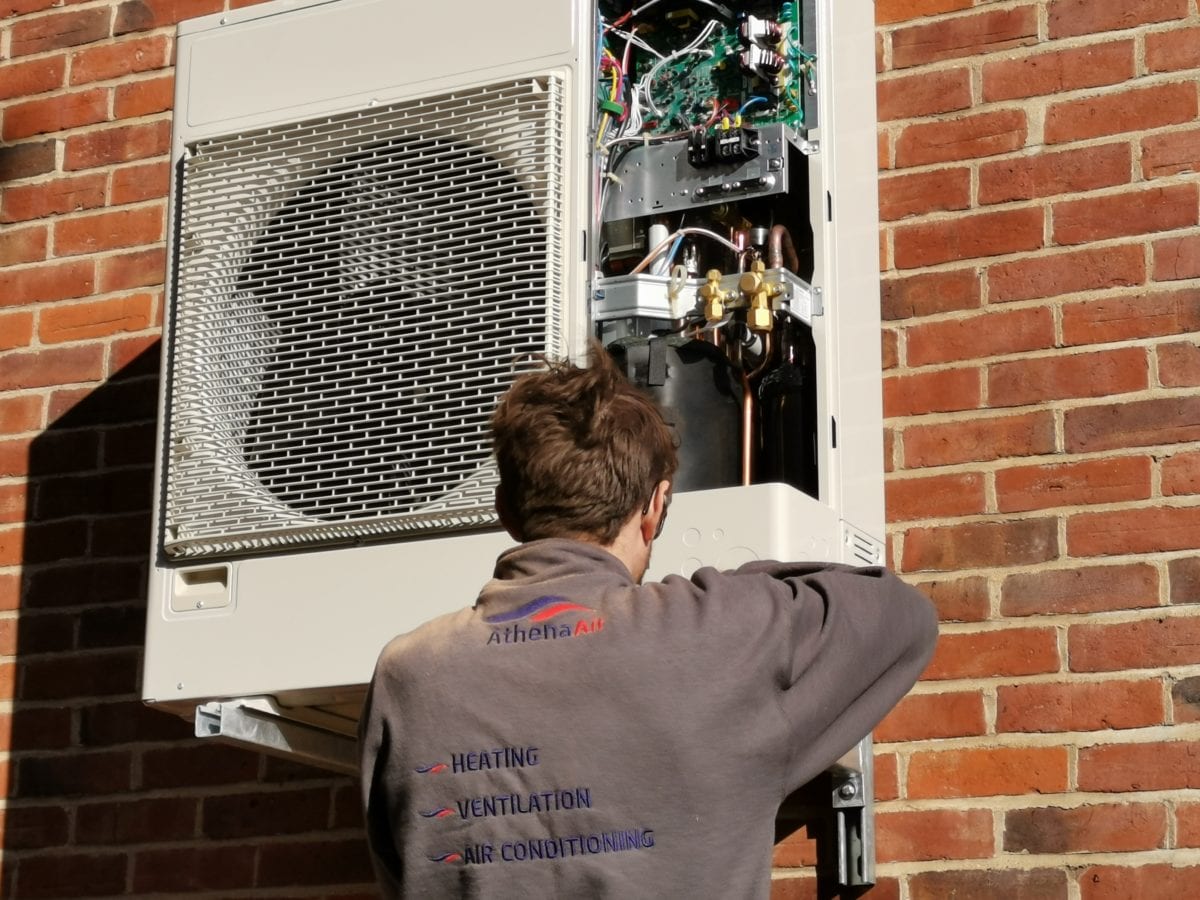
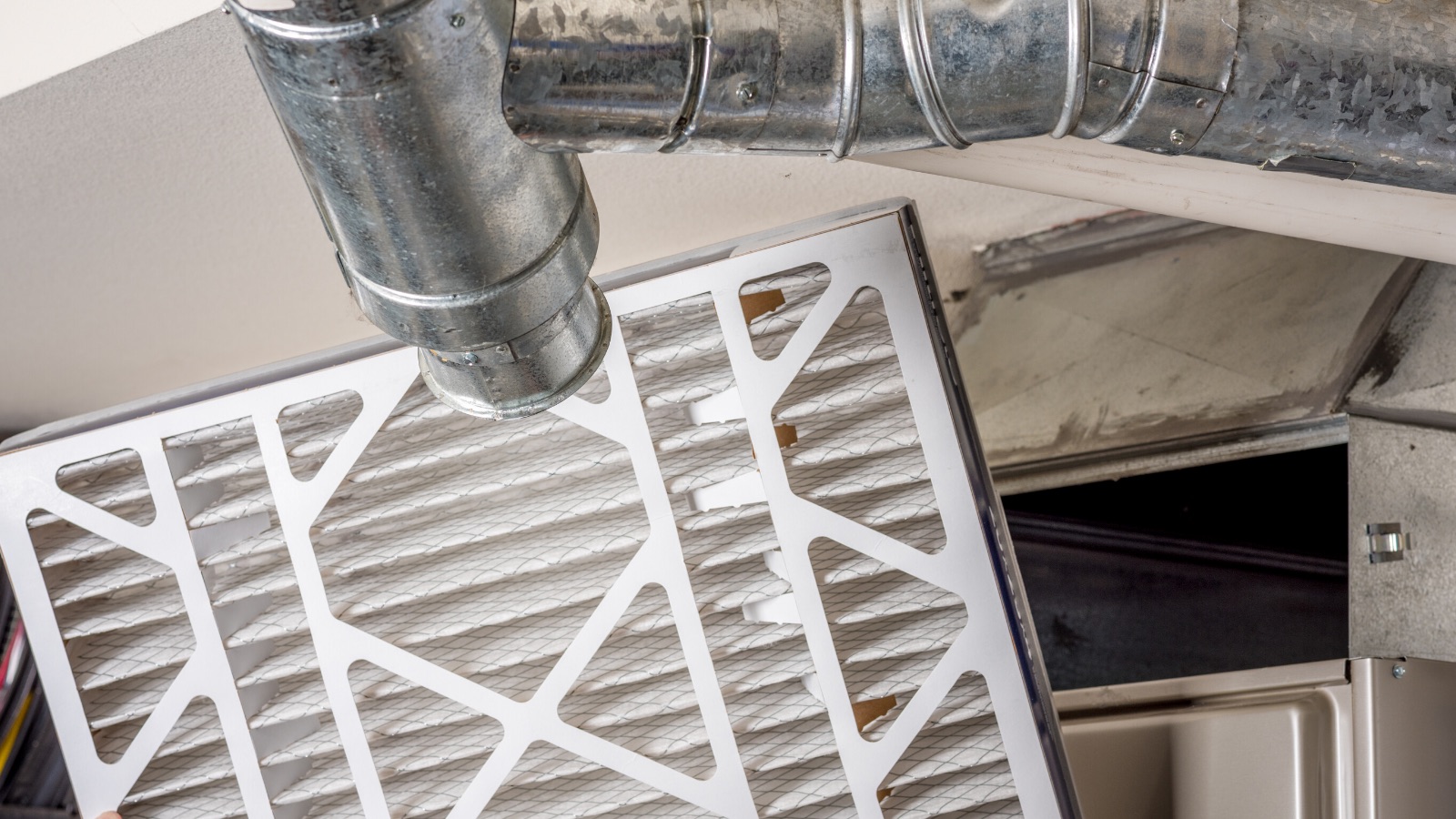
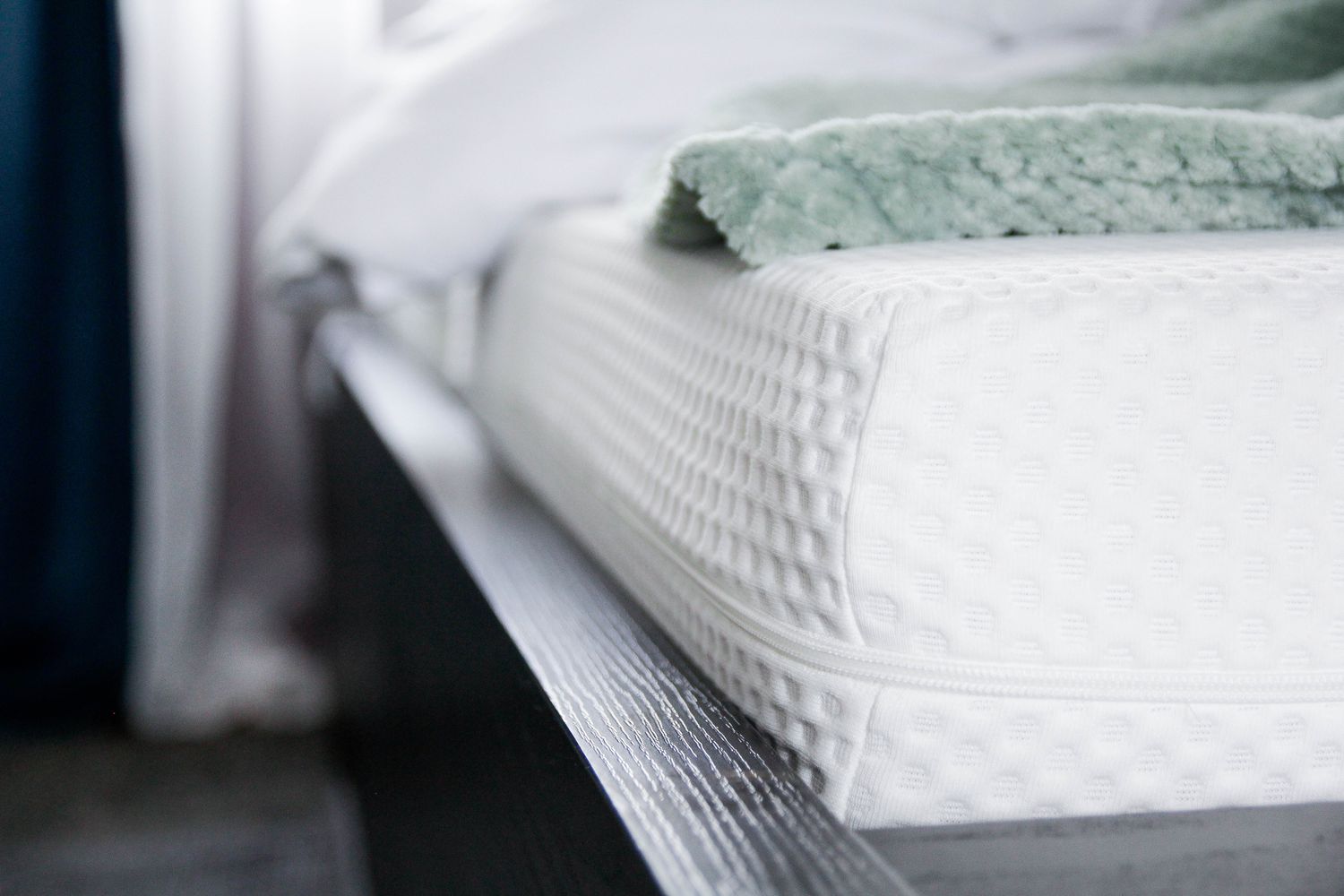
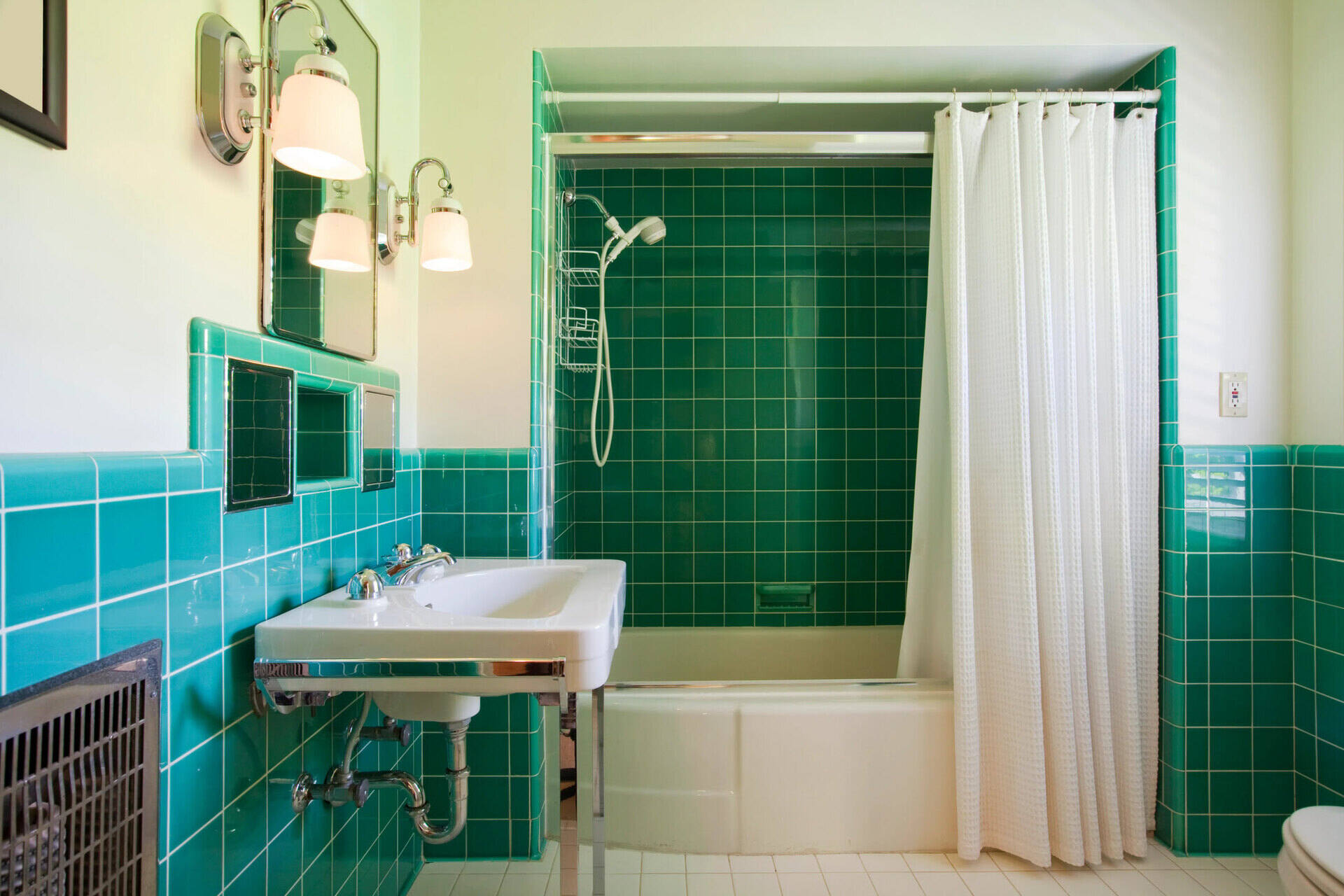
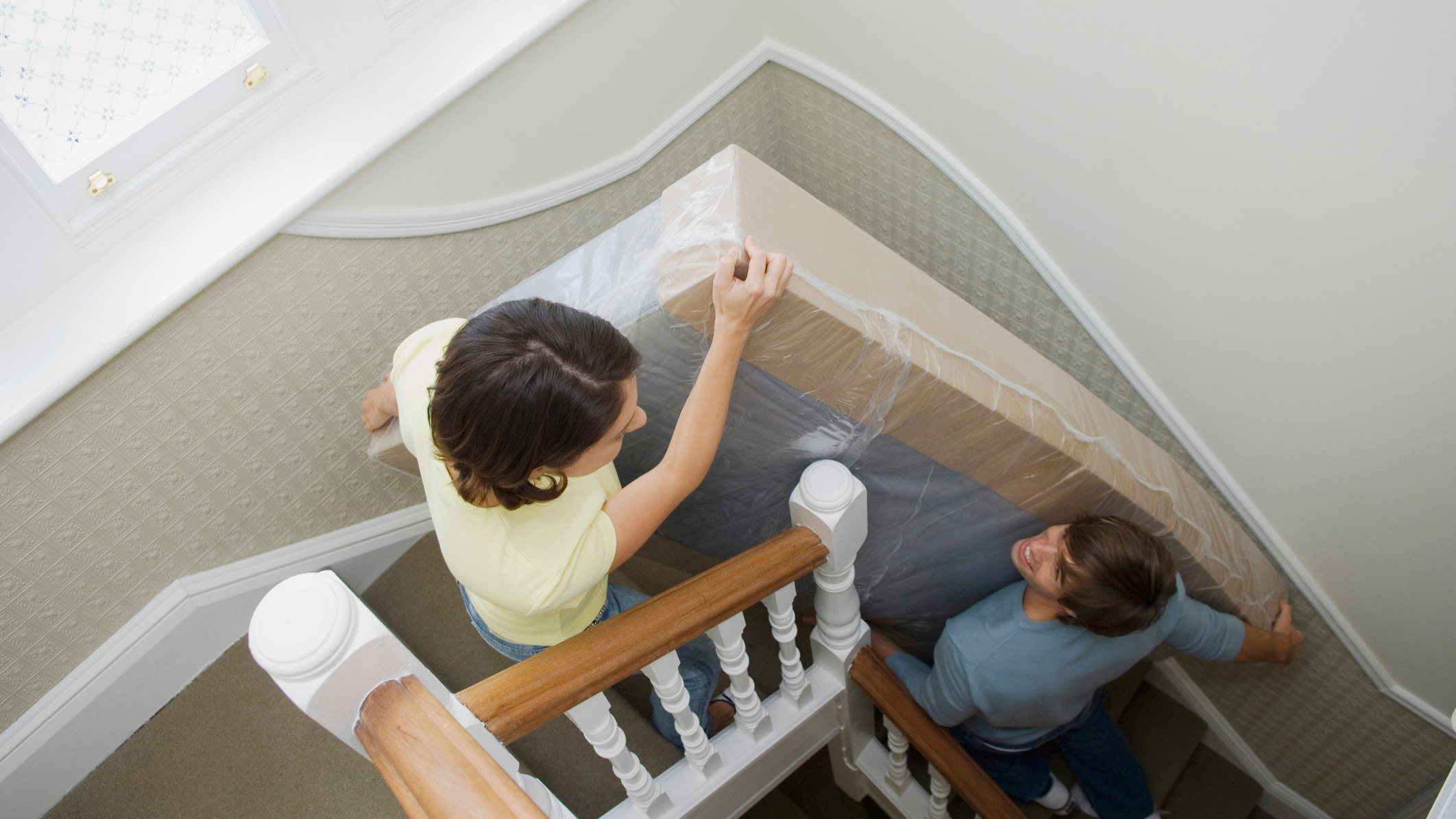
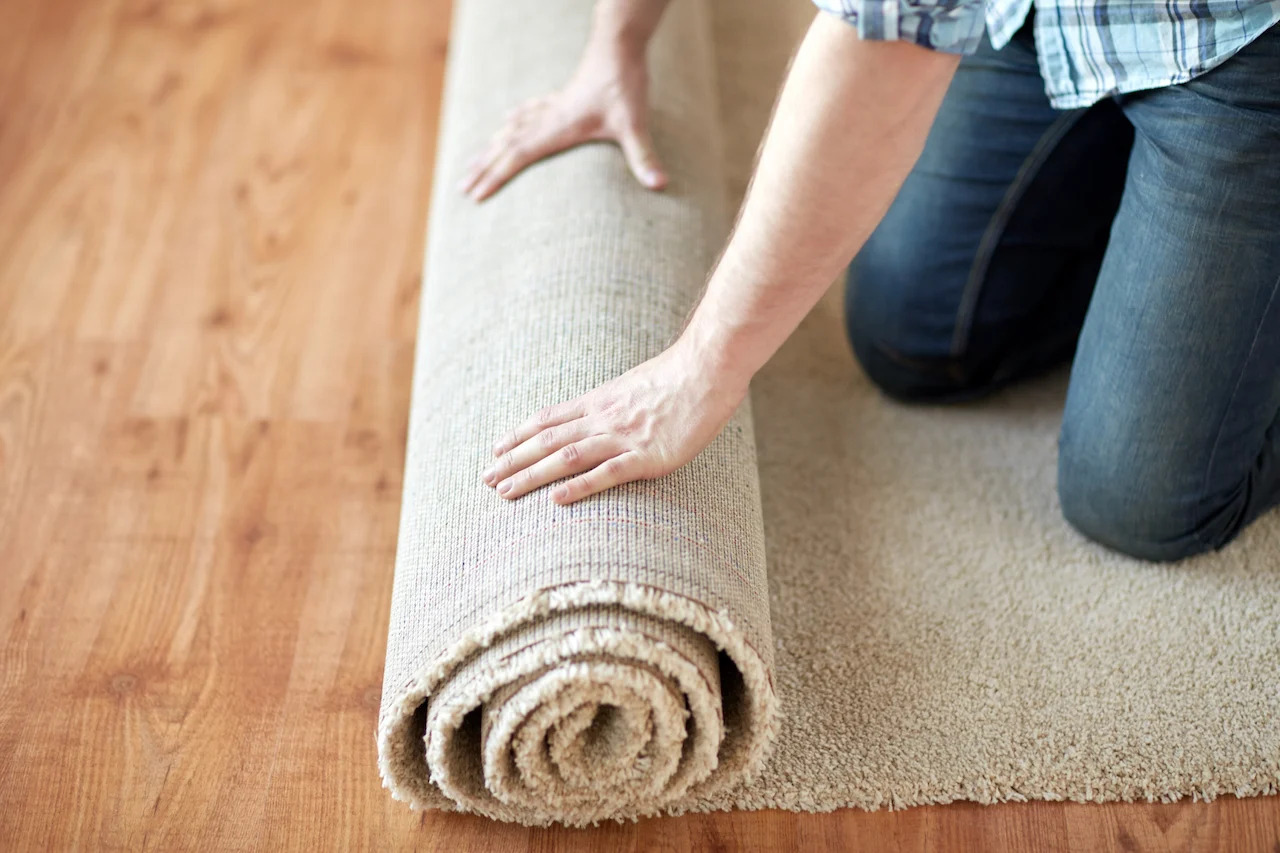
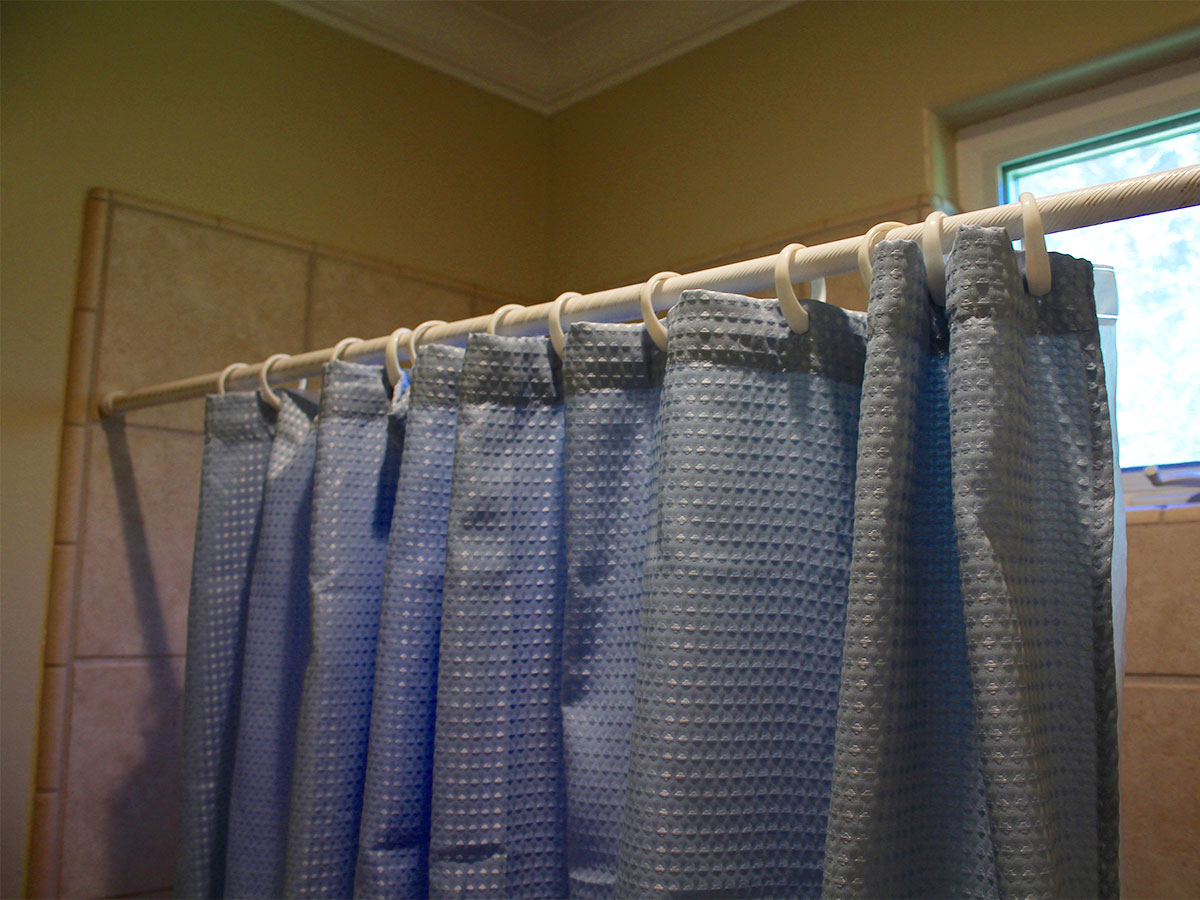
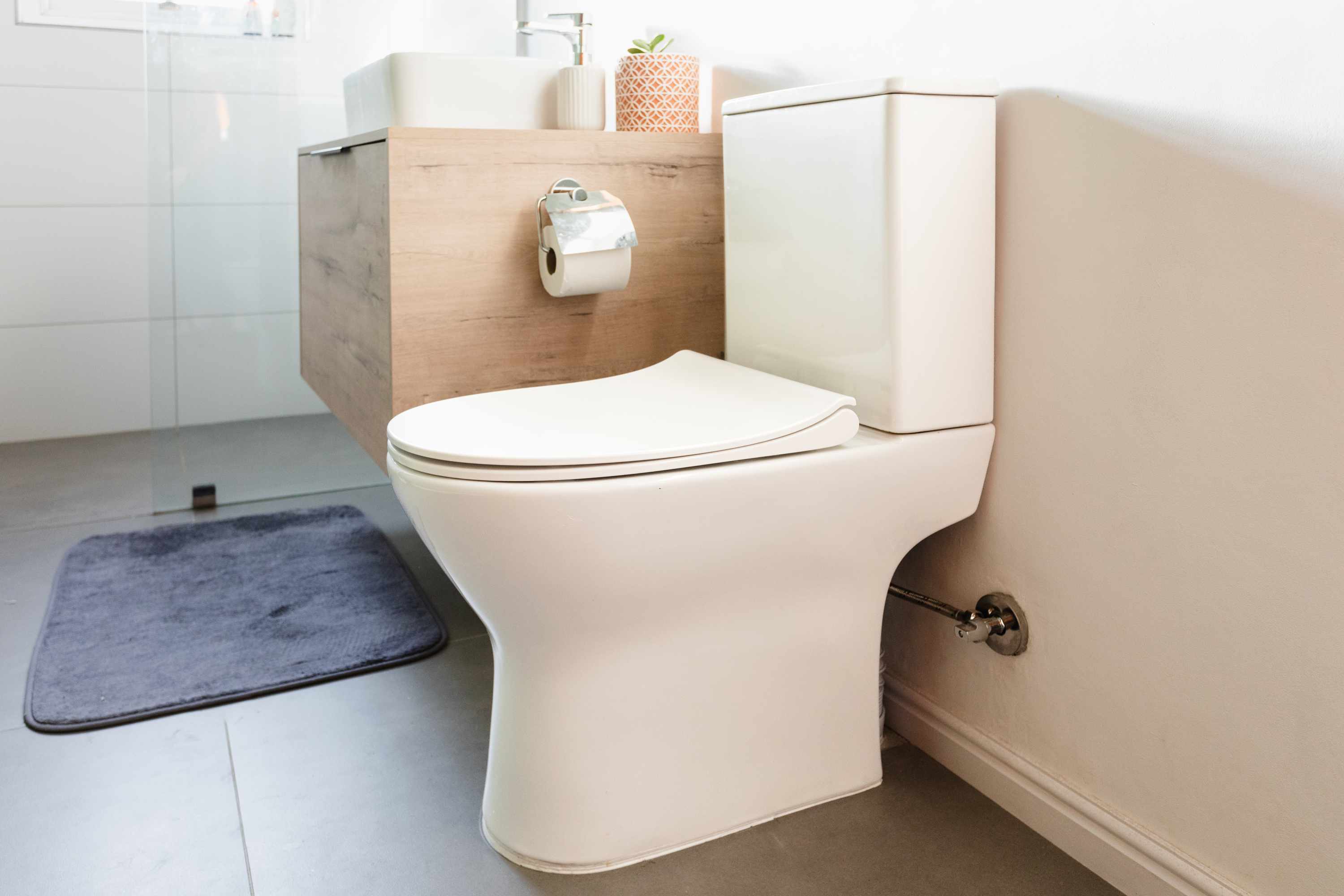

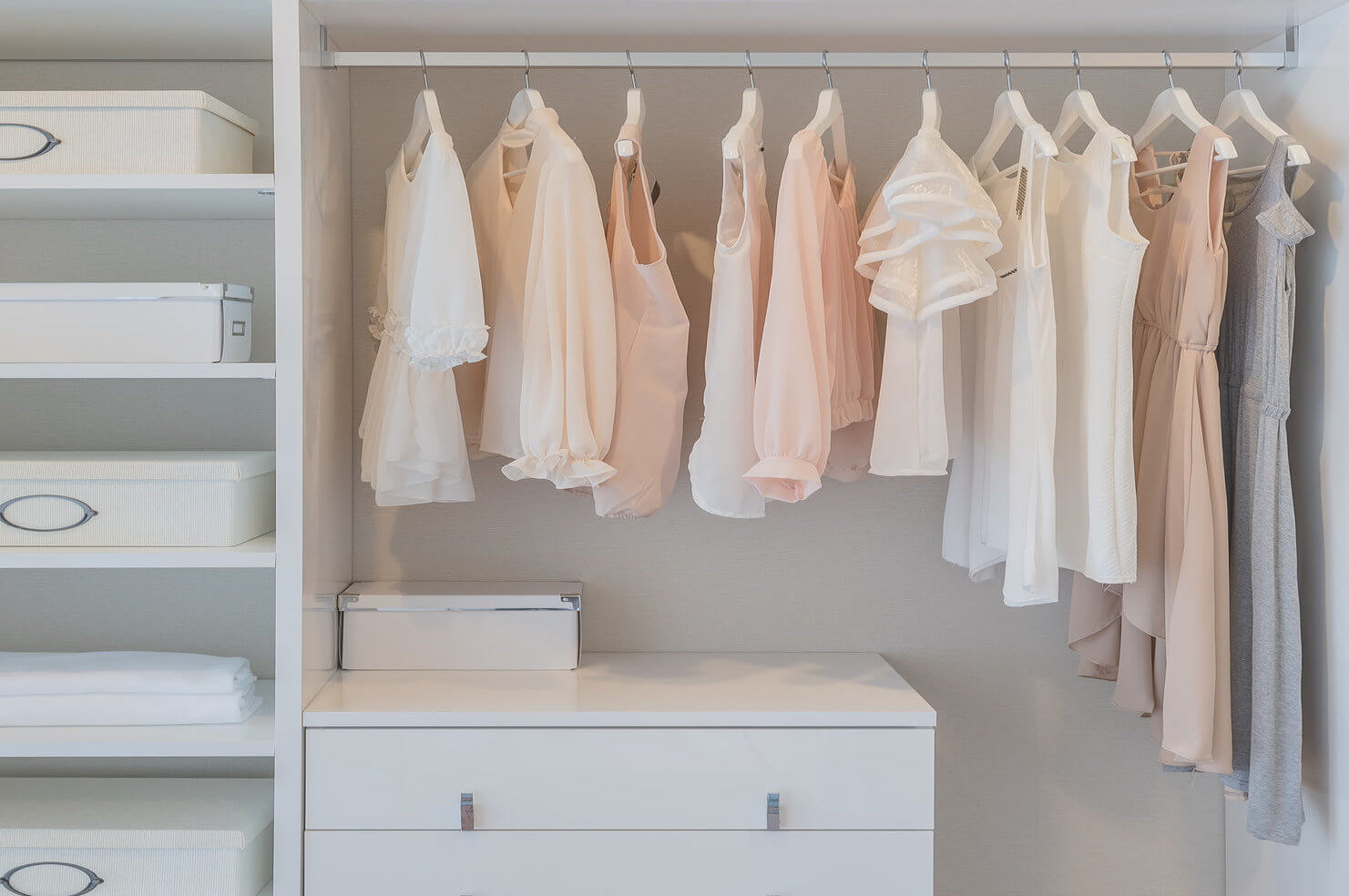
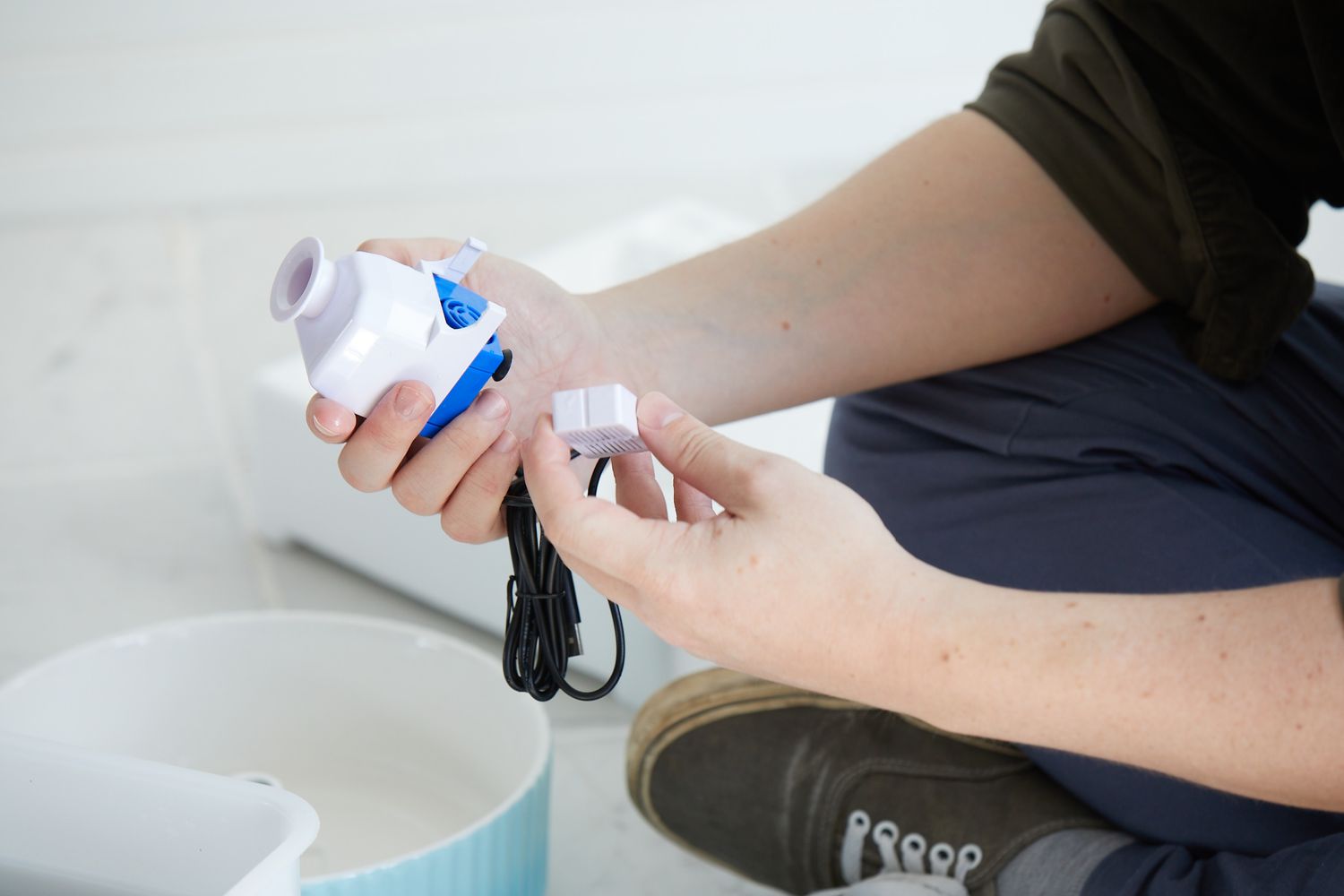
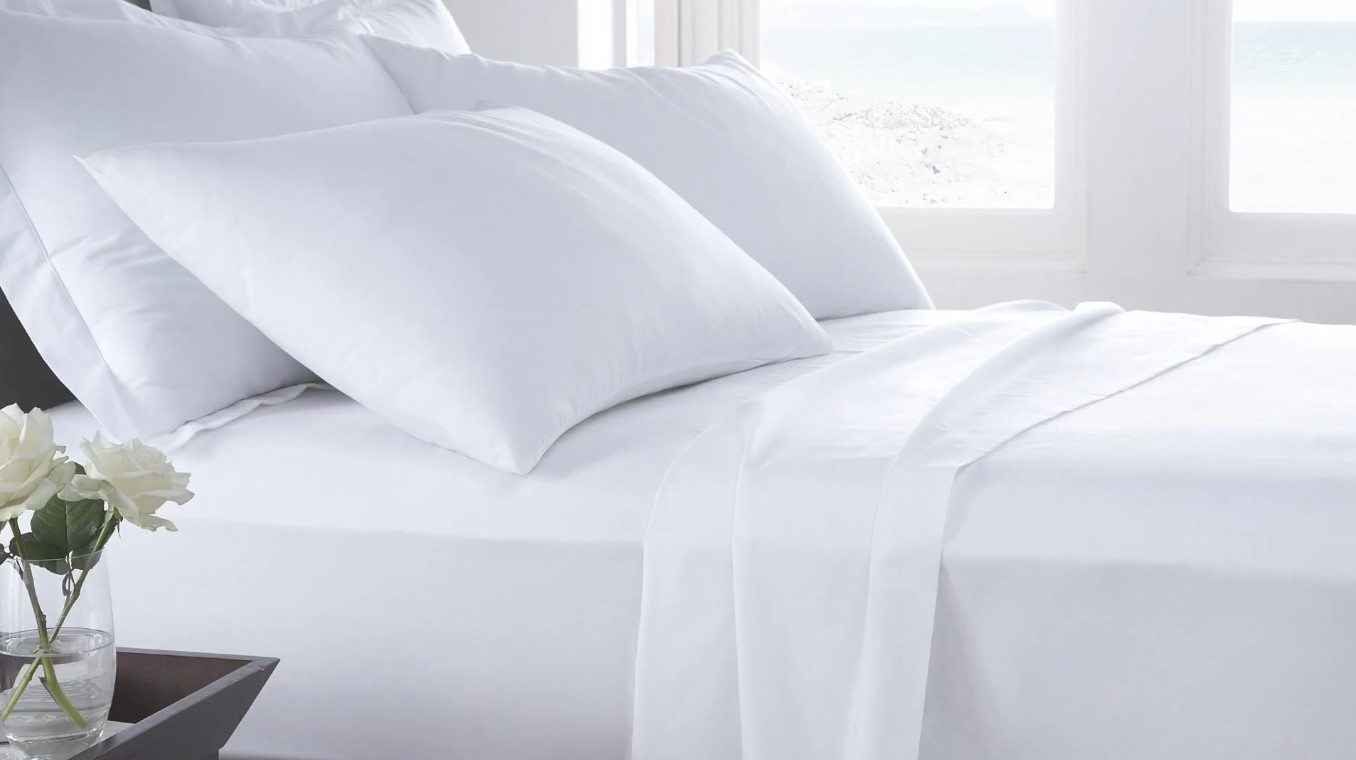
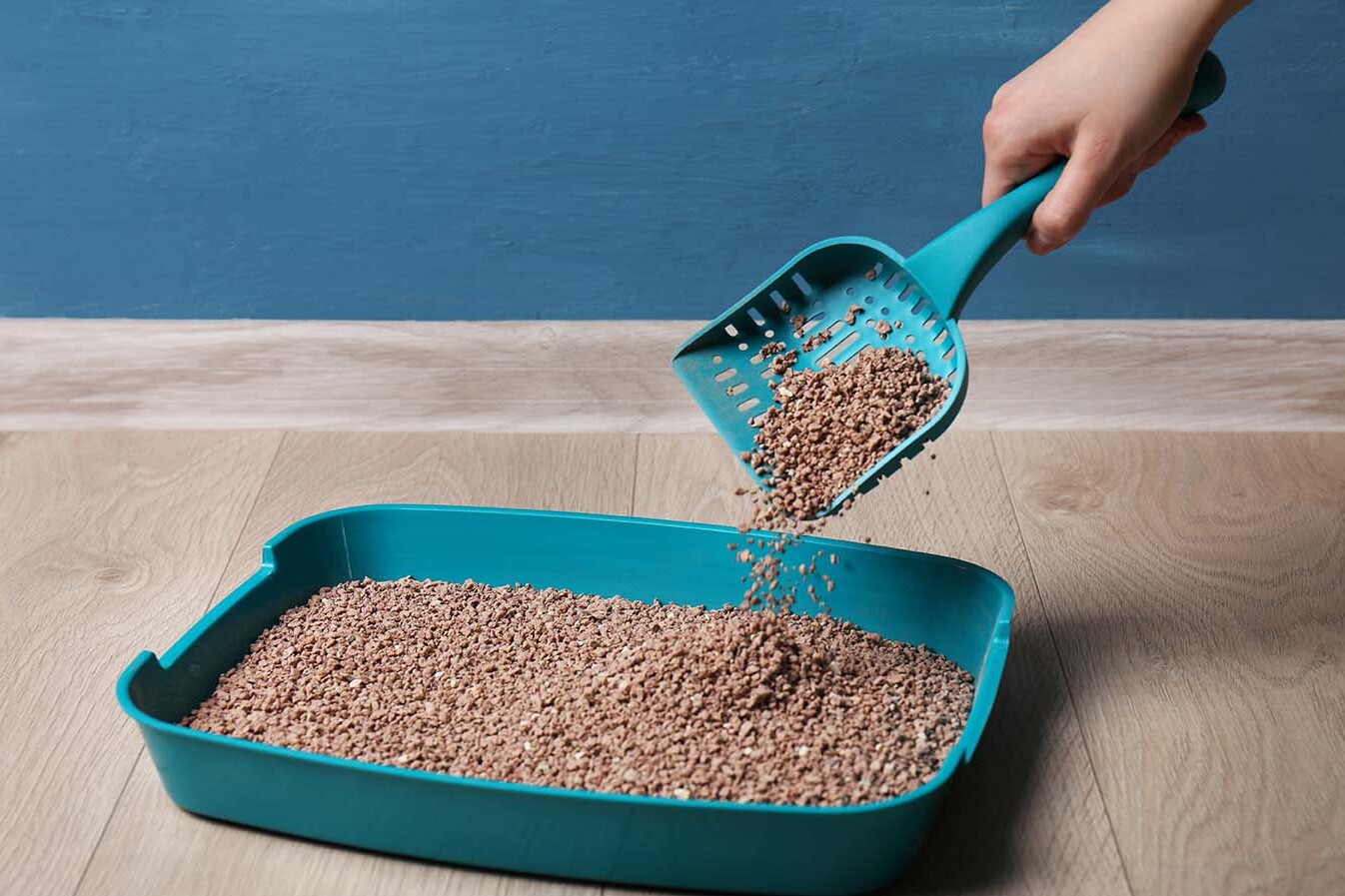

0 thoughts on “How Often Should You Change HVAC Air Filter”